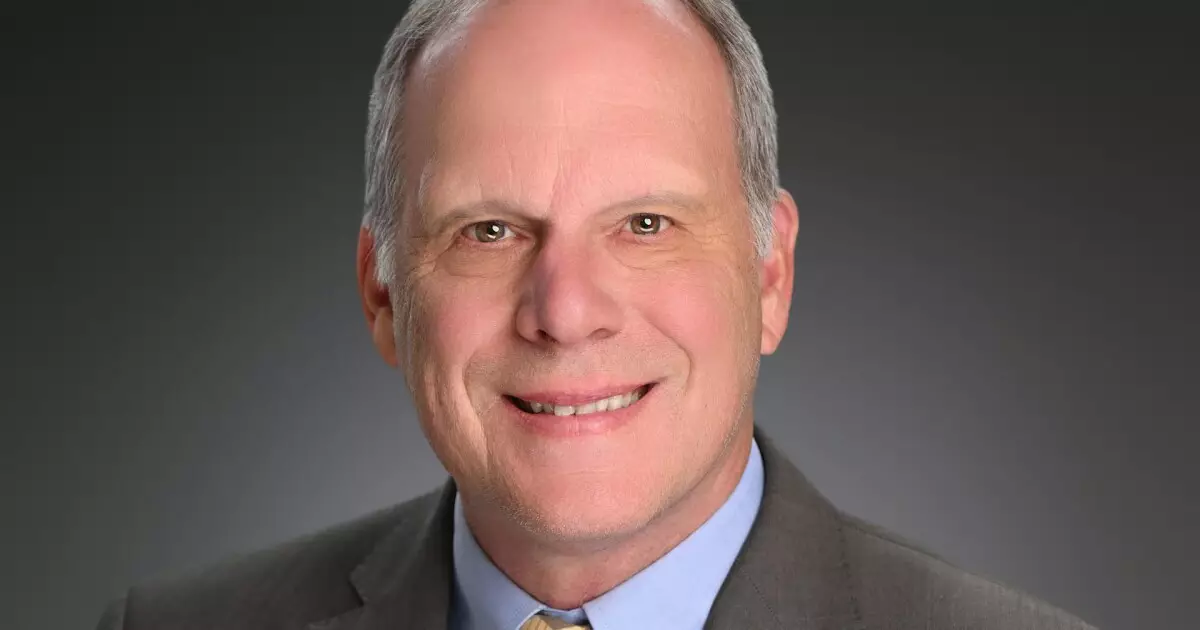In the complex landscape of Louisiana’s fiscal policies, an intriguing battle over proposed tax cuts has unfolded, highlighting the stark contrasts in economic philosophy between lawmakers and advocacy groups. The Senate Revenue and Fiscal Affairs Committee, under the leadership of Republican Senator Franklin Foil, made a pivotal decision to halt two significant tax cut bills, significantly curtailing any legislation that could have diminished state revenues by an astounding $500 million annually. This moment serves as a reflection of fiscal responsibility or, arguably, fiscal cowardice cloaked in caution.
Context and Background
The proposed cuts, initially buoyed by a supportive House of Representatives vote, were crafted by Republican Rep. Julie Emerson, who has since faced backlash from both sides of the aisle. Her vision included a reduction in the state sales tax rate and personal income tax rate by 0.25 percentage points each. The constitutional amendment she proposed aimed to do away with Louisiana’s second rainy-day fund, the “Revenue Stabilization Fund,” intended to buffer state finances during economic downturns.
Such ambitious reforms were grounded in the belief that eliminating this fund would make changes revenue-neutral. This reasoning, however, can be deemed overly optimistic, given that Louisiana’s economic landscape is notoriously volatile, and corporate taxes have demonstrated variable performance over recent years. In a state where fiscal prudence is in constant negotiation with ambitious growth plans, Emerson’s proposals appear more akin to throwing caution to the wind than implementing a sustainable fiscal strategy.
The Resistance to Tax Cuts
The decision to halt these tax cuts was primarily based on a report by the Louisiana Legislative Fiscal Office, which vehemently declared that these tax changes would lead to a significant financial shortfall. Such an alarming notification propelled Invest in Louisiana’s Executive Director Jan Moller to embrace the Senate’s decision, arguing that the state’s discretion in spending wouldn’t bear the brunt of a $500 million hit. This revelation underlines an essential truth: Louisiana, while marked by undeniable opportunities for growth, remains tethered to the realities of its budgetary constraints.
Moller’s assertions reflect a broader understanding of the consequences inherent in deep tax cuts. The reality is that budget shortfalls could jeopardize critical state functions, including education, healthcare, and infrastructure—areas already strained by years of fiscal neglect. It’s imperative that policymakers learn the delicate balance required to spur growth without gambling on the financial stability of ordinary citizens who depend on state services.
Political Dynamics and Economic Morality
One cannot overlook the political undercurrents at play within this legislative debate. Despite the Republican majority within the House and Senate, a mix of perspectives is shaping the outcome of these discussions. The stark division speaks volumes about the varying motivations and moral responsibilities attributed to taxation. It raises pertinent questions: Should the state prioritize broad-based tax cuts, arguably a benefit for all, over the substantive needs of its most vulnerable populations?
Republican lawmakers must reckon with the essential duality of being fiscally conservative while also acknowledging the role of taxation in facilitating social welfare for the impoverished. The narrative spun by those in favor of tax cuts hints at a gospel of growth, yet this must be critically examined through the lens of equity and responsibility. The disparity between corporate income taxes feeding into a rainy-day fund versus the pressing needs of everyday constituents is significant.
Future Implications on Louisiana’s Economic Environment
As Louisiana continues to roll out various tax reforms, including changes to corporate income taxes and an increase in the state sales tax, the stitchwork of these policies must reflect a balanced approach to fiscal health. While the Senate may have chosen to momentarily sideline tax cuts, the underlying reality remains that economic growth in Louisiana must be pursued with caution.
The state stands at a crossroads, with an obligation to its citizens hanging in the balance. The implementation of the new budget, for the fiscal year 2025-2026, will require a delicate negotiation between progressive goals and practical governance. Balancing acts between ambition and restraint will determine how Louisiana progresses in a rapidly changing economic landscape. Will the state emerge as a beacon of responsible governance, or will it falter under the weight of its own ambitions? The impending future may hold the answer, but for now, caution prevails.

